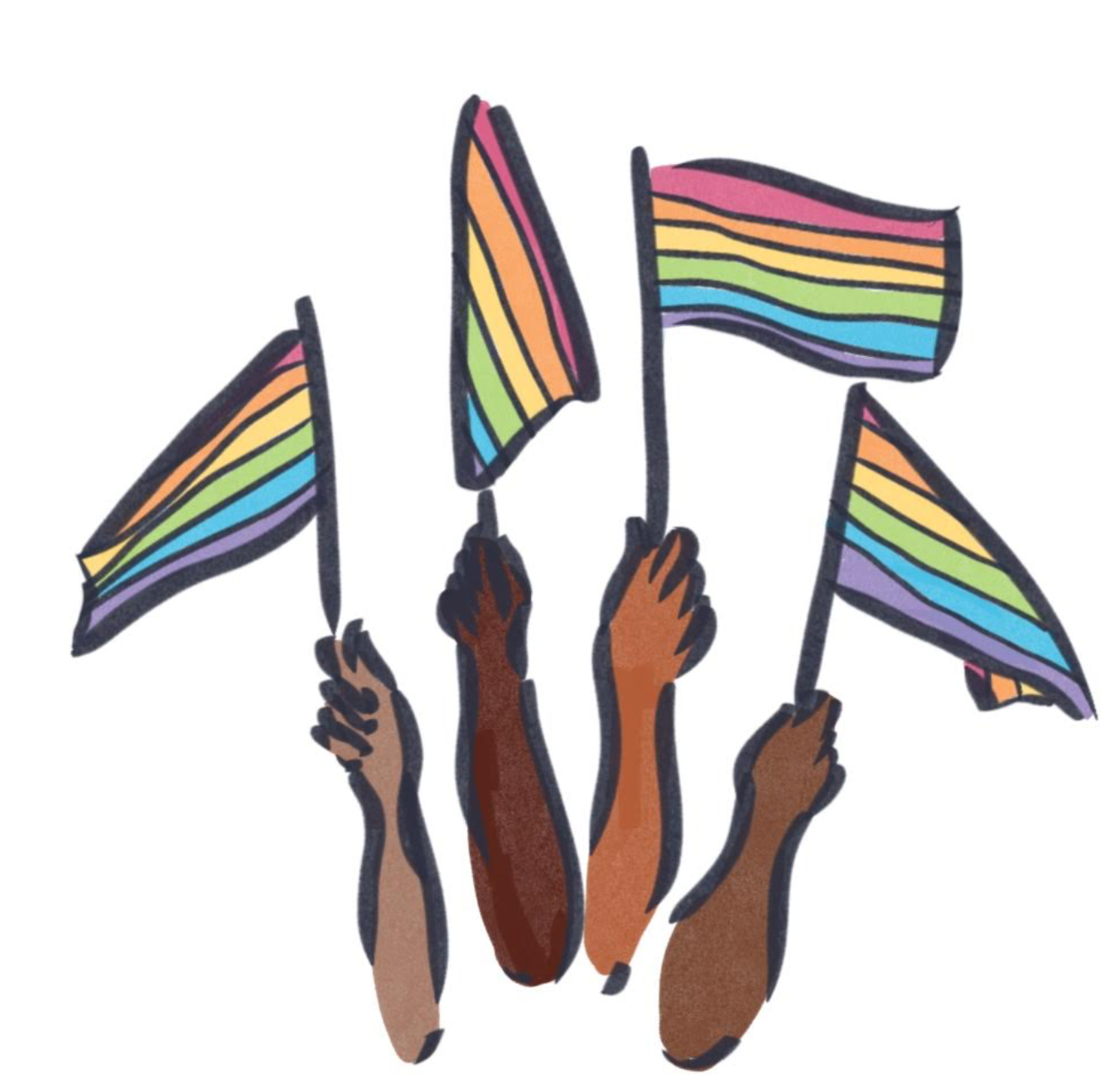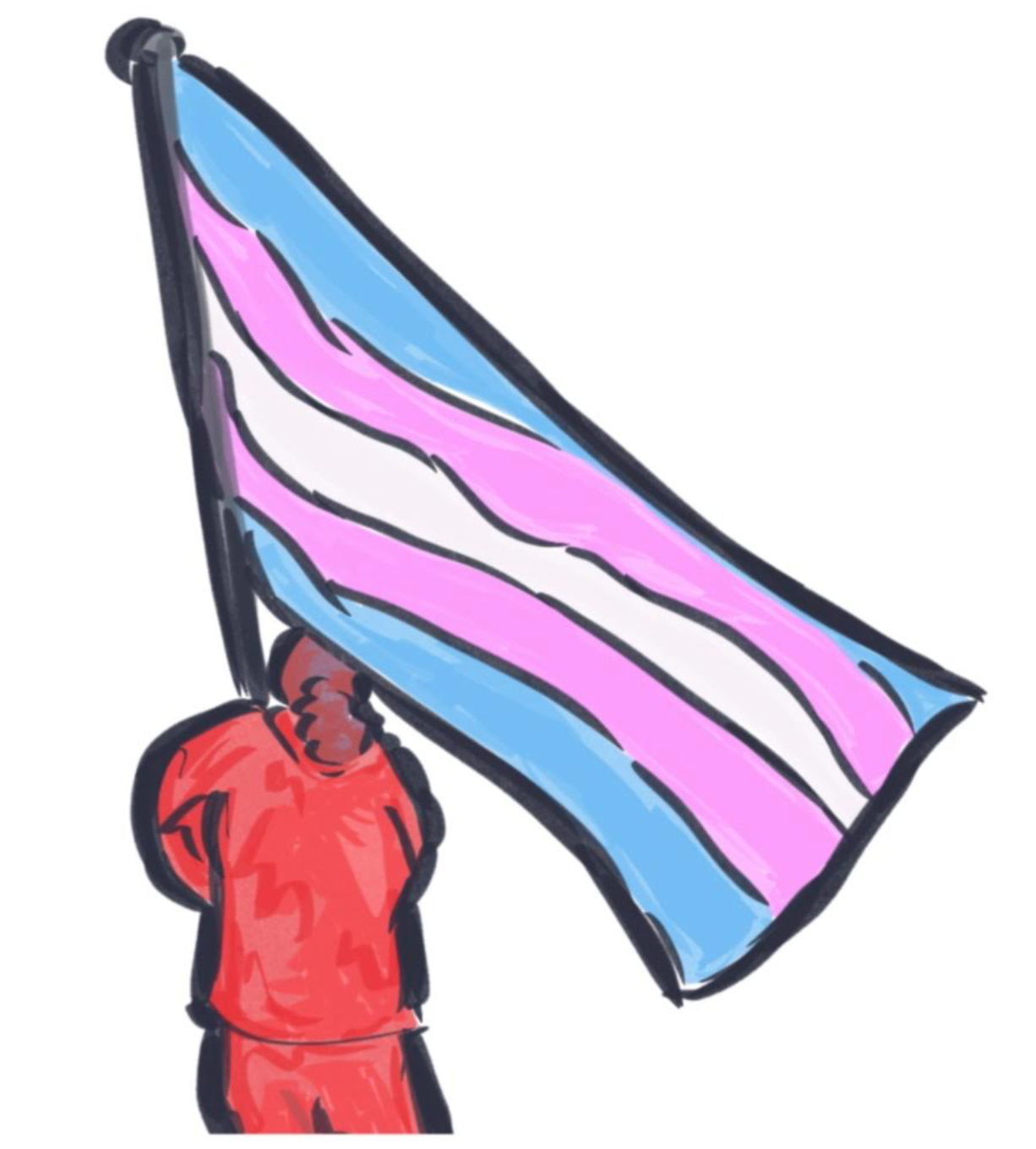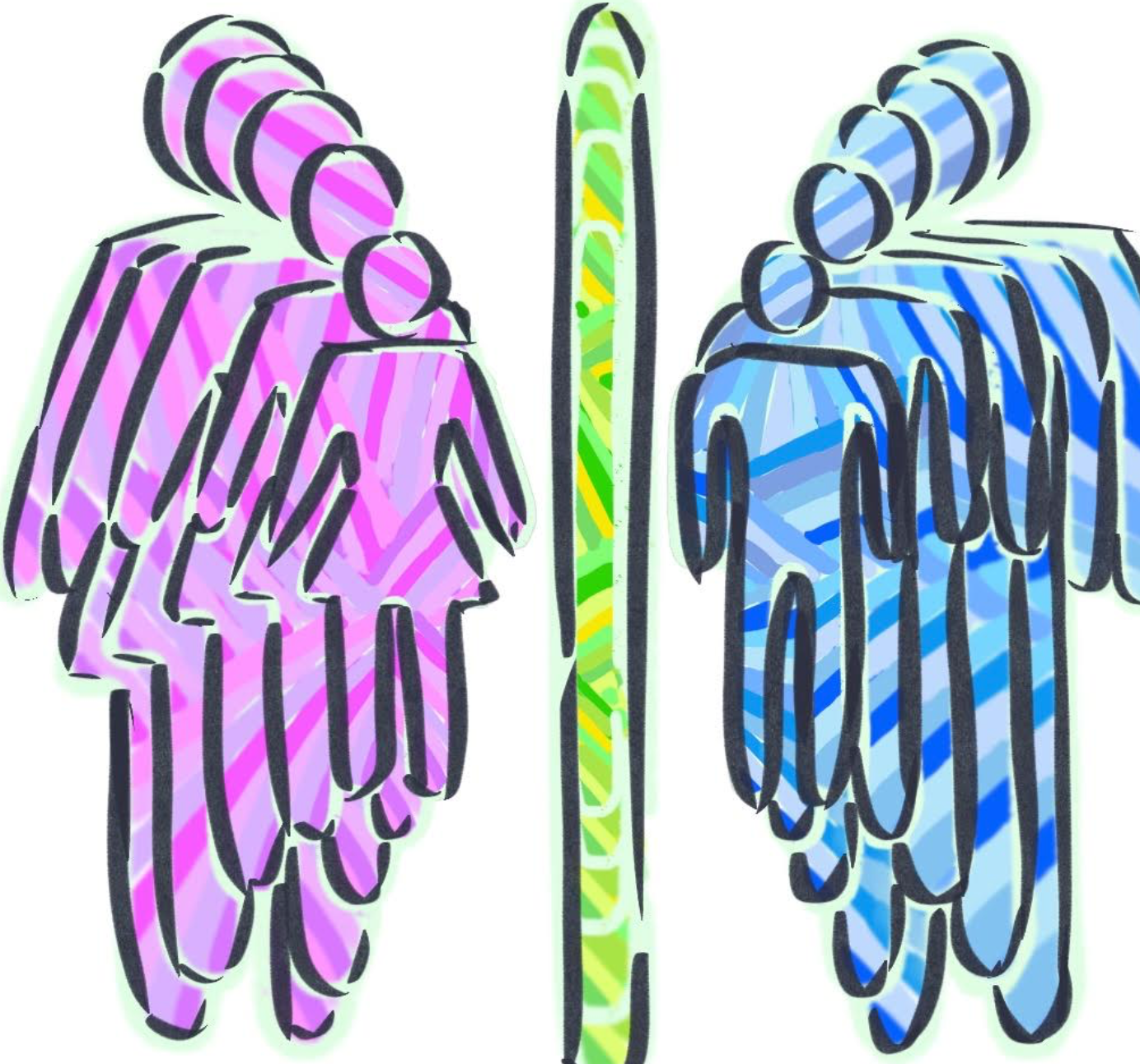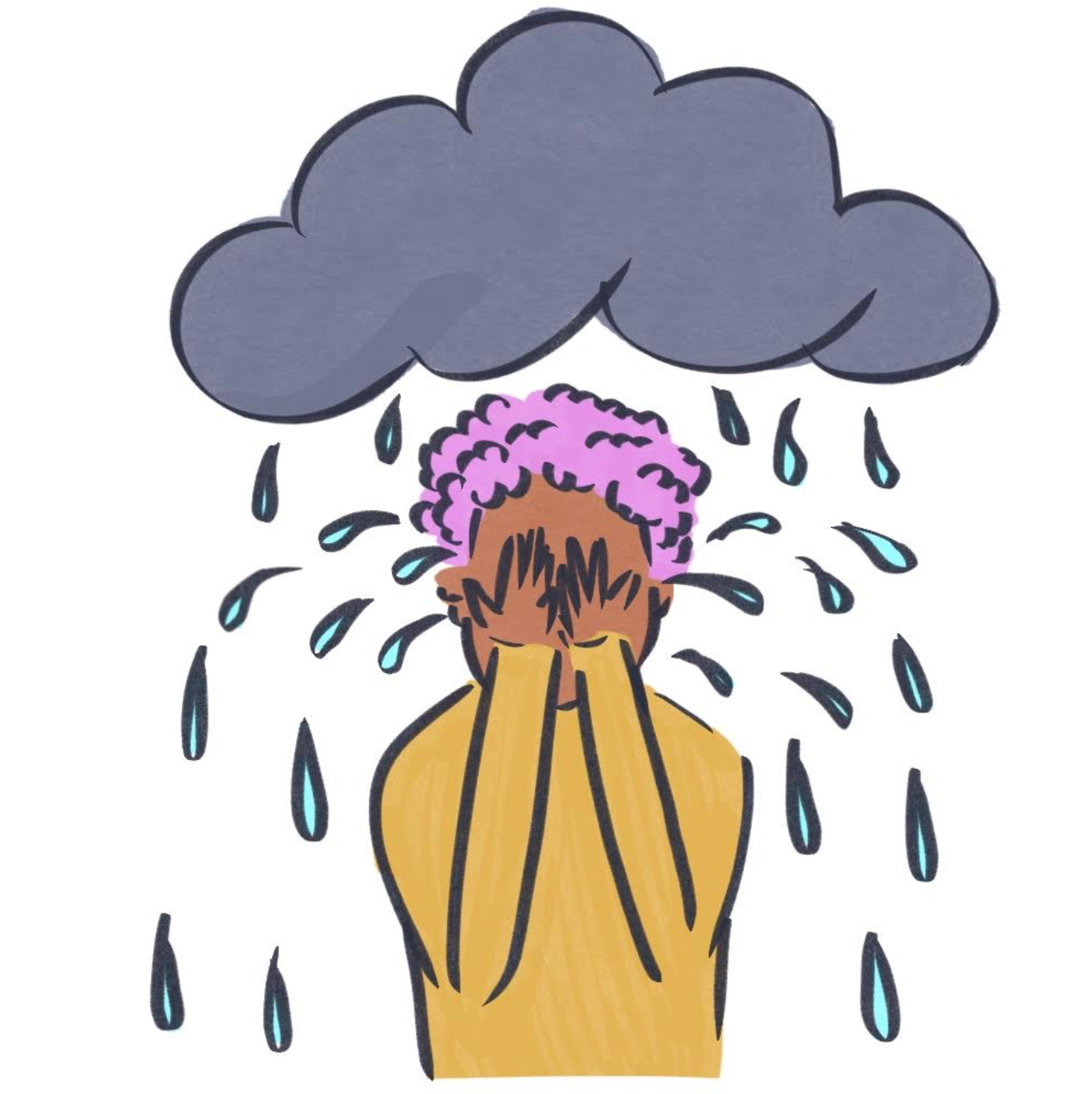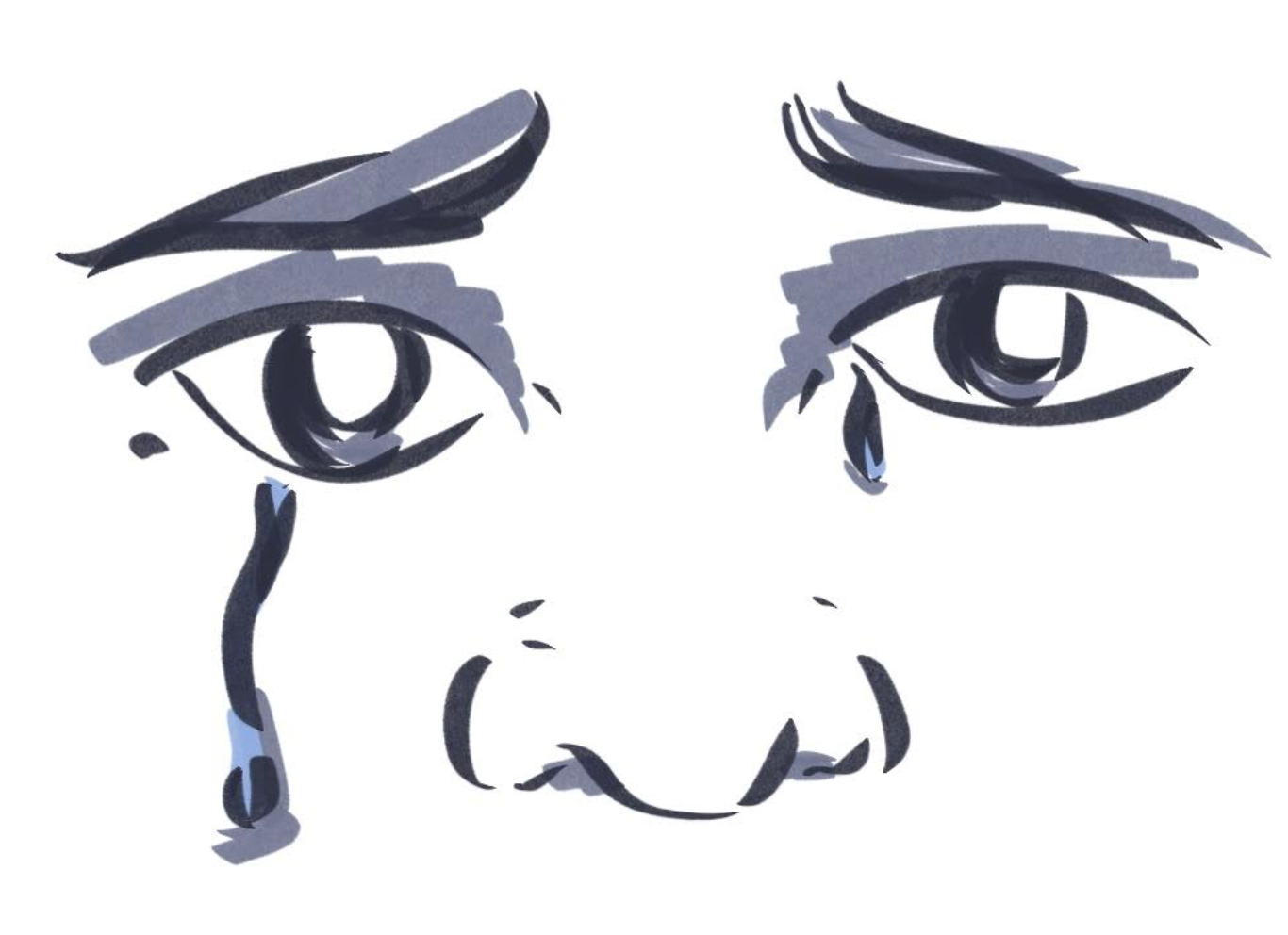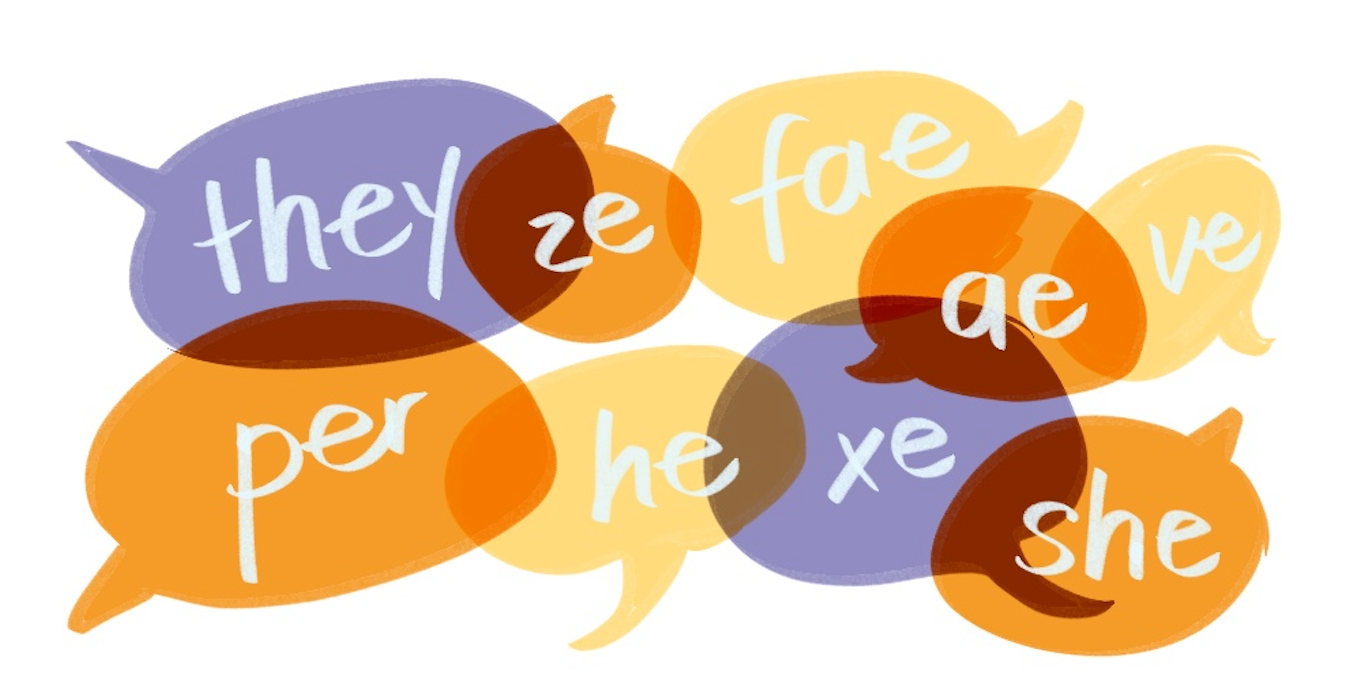A New Day for Queer People in the South: Reporting On Anti - LGBTQ Legislation in North Carolina
A thesis submitted by Giulia L. Heyward to the faculty at the University of North Carolina at Chapel Hill in partial fulfillment of the requirements for the degree of Master of Arts in Media and Communication in the Hussman School of Journalism and Media.
SO HERE’S THE PITCH: North Carolina is home to thousands of residents who belong to the Lesbian, Gay, Bisexual, Transgender and/or Queer (LGBTQ) community. However, the state itself is home to a handful of legislation that excludes LGBTQ people. As a result, there are significant civil rights that straight, cisgender residents receive that their LGBTQ neighbors lack.
Over the course of several months, I plan to embark on an ambitious project where I research and report on three of these aspects of state legislation into three separate longform articles, each totaling between 2,000 - 3,000 words each. I have decided to report on bathroom accessibility, hate crime legislation and the practice of conversion therapy within the state.
Through covering North Carolina’s LGBTQ community, I will be confronting what it means to be a queer person existing in the South. Therefore, queer rurality will be at the forefront of every story I write, allowing me to answer some of the bigger questions that arise with these stories.
AND HERE’S WHAT I DID: Over the course of several months, I embarked on an ambitious project where I research and report on multiple aspects of state legislation into four separate longform articles, each totaling between 1,500 - 3,000 words each. I have decided to report on bathroom accessibility, hate crime legislation, the practice of conversion therapy within the state and the challenges these bills face in the state’s Republican-controlled General Assembly.
AND HERE ARE THE STORIES:
A New Day for Queer People in the South
“Allison Scott has waited years for this day to come. This day, specifically. Scott’s job is advocating for LGBTQ rights in the South, and for four years, her home state of North Carolina has prohibited towns and cities from passing new protections for queer people. Today, that ban is finally dead—and North Carolina has an opportunity to change the reputation it earned in the 2016 fight over H.B. 2, the so-called bathroom bill.”
I reported on North Carolina’s highly controversial bathroom bill, HB2, and its successor, HB142, ahead of the bill’s expiration on December 1, 2020. This article was then pitched to, and later published in, The Atlantic, where I worked with politics editor, Nick Baumann.
Speaking Into A Void
“North Carolina is just one of thirteen U.S. states to not include sexual orientation or gender identity—along with disability—in its list of recognized classifications for hate crimes. No state in the South, including North Carolina, has a hate crime law with specific penalties for crimes targeting people who are transgender.”
I reported on North Carolina’s existing hate crime legislation, which does not cover crimes targeted at victims because of their gender identity or sexual orientation, and is classified as a misdemeanor offense, as opposed to a felony like in other states. This article was then pitched to, and later published on March 10 in, The Assembly NC, where I worked with editor Kyle Villemain.
North Carolina Still Allows Professionals to Practice Conversion Therapy on Minors
This is where Atsila, now 22, says he was forced to undergo conversion therapy while he continued to struggle with his gender identity. Conversion therapy is a blanket term for the practice of attempting to alter an individual’s sexual, or gender, identity.
For the first eight months that Atsila spent at Solstice East, he says that the center refused to let him go by his preferred name and pronouns, and would punish any peers who attempted to do so.
I reported on allegations made against Solstice East, a treatment center for adolescent girls located outside of Asheville, and its connection to the state’s existing conversion therapy legislation as lawmakers prepared to file a bill — for the second — banning the use of the practice on minors. This article was then pitched to, and later published on April 7 in, Indy Week where I worked with editor Jane Porter.
Locked in Committee
State-level progress is a long shot, but it would avoid what CSE Director of Impact and Innovation Allison Scott calls “patchwork policy.”
“Patchwork policy is a terrible position to put people in,” Scott said. “No one should ever lose their rights driving city to city. If you drive from Charlotte to Morganton, and you can be fired in one and not fired in the other, that is not just a problem for the city that doesn’t have the law; that’s a problem for our whole state.”
Working on LGBTQ rights legislation for almost a year led me to one news tip: a package of bills that a coalition of civil rights advocates and Democratic lawmakers planned to introduce in just a few weeks. With this scoop, I completed a story in literal days looking at the demographics of North Carolina’s Republican-led General Assembly and uncovered a pattern where bills like this have repeatedly failed to receive a single hearing as a way to squash their chances of getting passed without ever needing to go on the record about it. This article was then pitched to, and later published on March 31, in The Assembly, where I worked with editor Kyle Villemain.
A SPECIAL THANKS TO ILLUSTRATOR MELISSA PÉREZ
